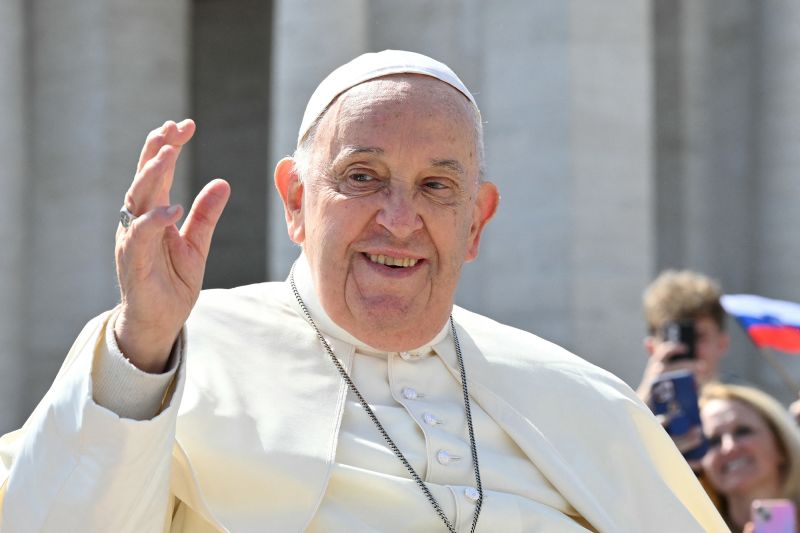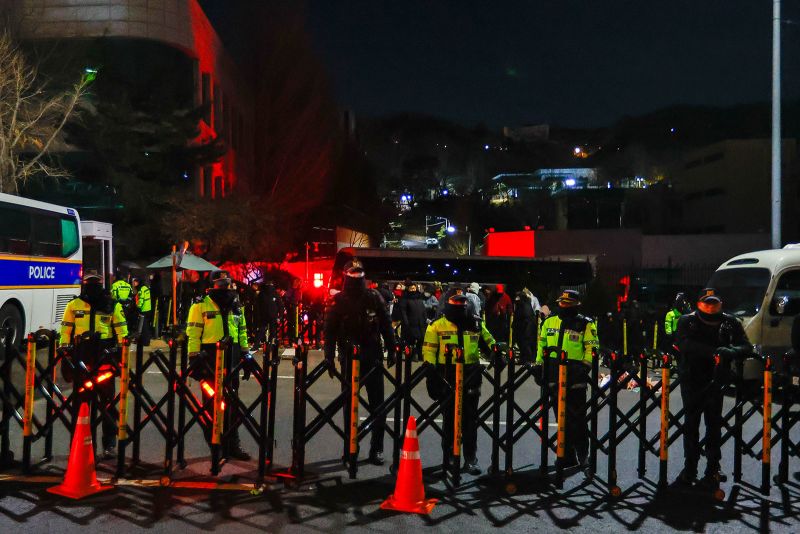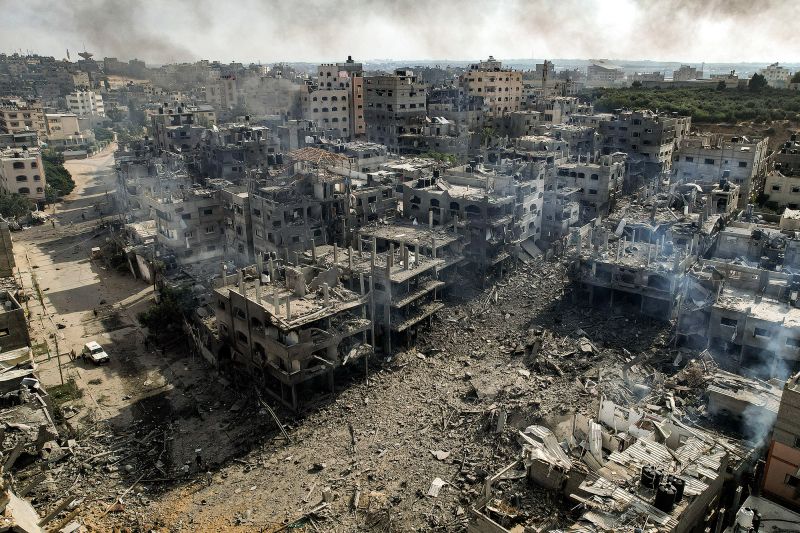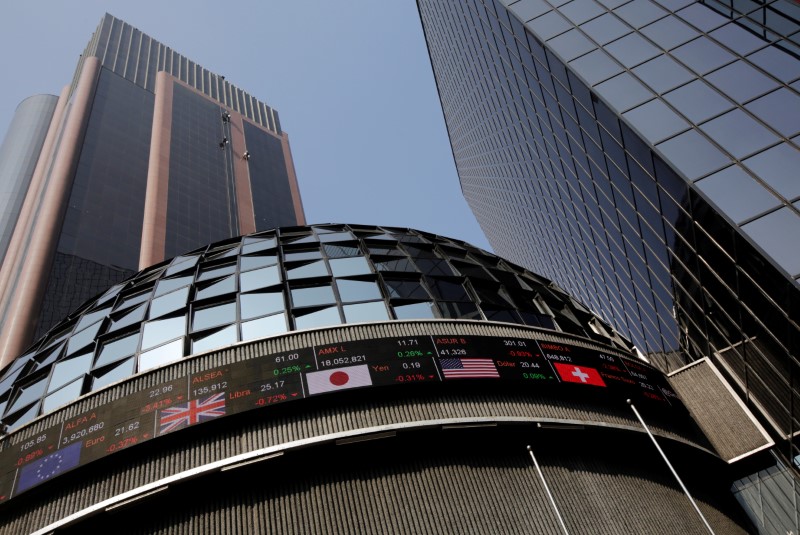Pope Francis tells in memoir how documents on abuse and corruption cases were handed to him

One of Pope Francis’ lasting reforms will be his reshaping of the papacy to embrace simplicity and humility, as seen in his decisions to live in a Vatican guesthouse and carry his own briefcase onto the papal plane.
With the release of a new autobiography Tuesday, titled “Hope,” Francis underlines this shift with a remarkable openness about his past mistakes and wrongdoings. They include as a young man getting into a fight with a fellow student who “even lost his senses” after hitting his head when thrown to the ground, and insisting that he still commits “errors and sins” today.
For a pope, who Catholic theology holds is “infallible” when teaching on faith and morals, it is even more striking.
“I feel I have a reputation I do not deserve, a public esteem of which I am not worthy,” writes Francis, who was recently awarded the highest civilian honor in the United States by President Joe Biden. “This, beyond doubt, is my strongest sentiment.”
While the memoir covers major events in the Francis papacy, including the revelation that he faced two assassination attempts during his 2021 visit to Iraq, it does not offer many new details about the scandals and controversies he’s had to address during his pontificate and the significant opposition he’s encountered from some church quarters.
On the Catholic Church’s sexual abuse scandal, the pope says he has felt “called to take responsibility for all the evil committed by certain priests.” Francis explained that as he began his pontificate in 2013, Pope Emeritus Benedict XVI gave him a large white box filled with documents “relating to the most difficult and painful situations: cases of abuse, corruption, dark dealings, wrongdoings.” The pope recalls that when he was handed the box, his predecessor said “everything is in here” and that “now it’s your turn” to deal with the problems.
The 88-year-old pontiff also uses the memoir to address the crises facing today’s world. Describing himself as having always been “politically restless,” he repeatedly condemns the evils of war, while linking the rise of populism today to that of the 1930s and Hitler’s Germany. (Francis was born in 1936 and recalls his grandmother standing up to Mussolini’s black shirts.)
Young people, he writes, need to know “how a distorted populism is born and grows,” recalling the “German federal elections of 1932–33 and Adolf Hitler, the ex-infantryman obsessed by the defeat of World War I and about ‘racial purity,’ who had promised the growth of Germany in the wake of a government that had failed.”
The plight of refugees, for whom Francis has been a tireless advocate, is also personal. His paternal grandparents and father had planned to sail in 1927 on the Principessa Mafalda from Italy to Argentina, which sank with the loss of many lives, but ended up making a later crossing. It has made Francis sensitive to the dangers faced by today’s migrants, and he criticizes those countries which produce weapons but then “refuse and turn away the refugees who have been generated by those weapons and by those conflicts.”
Francis’ earthy humility can be traced back to his upbringing. In the memoir, the first Latin American pontiff recalls growing up in the Flores barrio in Buenos Aires, depicting a joyful, varied and close-knit community with people from different faiths but a place where he also saw the “darker and more difficult side of existence,” such as the “prison world” and prostitution.
Later, as a bishop in the Argentine capital, he ministered to prostitutes and recalls how he gave the last rites to one sex worker from his childhood neighbourhood, La Porota, saying that “even now, I don’t forget to pray for her on the day of her death.” Francis’ awareness of human struggles, and his own failings, has made him insist time and again on the importance of God’s mercy. And throughout his pontificate, he has made efforts to welcome LGBTQ+ people, re-iterating in his memoir that God “loves them (gay people) as they are” and describing a group of transgender women who met him in the Vatican as “daughters of God!”
The new autobiography underlines that Francis remains a pope who has a voice that can connect with people beyond the institution of the Catholic Church. The memoir was written over six years in collaboration with Carlo Musso, from Italian publisher Mondadori, and is being released in major languages in over 80 countries.
It follows the publication of another Francis memoir, “Life,” last year. “Hope” was originally due to be published after the pontiff’s death but its release has been brought forward to coincide with the Catholic Church’s jubilee year.
As for the future, the pope says he has not considered resigning, even though it is a “possibility,” and he addresses some of his health difficulties in recent years. Francis says that he is currently in good health and has physiotherapy twice a week, but the “reality is, quite simply, that I am old.” He expected to be elected pope, he says, but since that moment has revealed a determination to remain grounded.
He explains how he shunned the papal apartments in the isolated Vatican’s apostolic palace for the Casa Santa Marta guesthouse because he “cannot live without people around me” and insists on the importance of keeping a sense of humor. That is also evident in the memoir – for instance, when the pope explains how he was told to wear white trousers, rather than black, to go under his new white papal cassock.
“They made me laugh. I don’t want to be an ice cream seller, I said. And I kept my own,” the pope writes.






